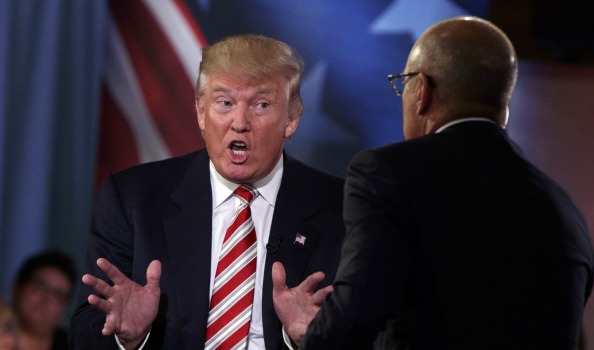-
Tips for becoming a good boxer - November 6, 2020
-
7 expert tips for making your hens night a memorable one - November 6, 2020
-
5 reasons to host your Christmas party on a cruise boat - November 6, 2020
-
What to do when you’re charged with a crime - November 6, 2020
-
Should you get one or multiple dogs? Here’s all you need to know - November 3, 2020
-
A Guide: How to Build Your Very Own Magic Mirror - February 14, 2019
-
Our Top Inspirational Baseball Stars - November 24, 2018
-
Five Tech Tools That Will Help You Turn Your Blog into a Business - November 24, 2018
-
How to Indulge on Vacation without Expanding Your Waist - November 9, 2018
-
5 Strategies for Businesses to Appeal to Today’s Increasingly Mobile-Crazed Customers - November 9, 2018
North Korea conducts ‘biggest atomic test’ as ‘nuclear warhead explosion’ hailed
The U.S. Geological Survey and European agencies measured the quake, which was recorded at 0030 GMT, with a magnitude of 5.3.
Advertisement
Nearby countries have reacted furiously to the detonation, which comes on North Korea’s national day.
President Park Geun-hye called Kim Jong Un’s regime “fanatically reckless”.
Pyongyang’s state media said the test, which comes after a series of ballistic missile launches that have drawn global condemnation and United Nations sanctions, had achieved its goal of being able to fit a miniaturised nuclear warhead on a rocket.
President Barack Obama has been briefed about the report of seismic activity near a nuclear facility in North Korea.
Obama held unscheduled meetings with Park and Japanese Prime Minister Shinzo Abe after the missile tests and said Washington needed to maintain a sense of urgency within the worldwide community on sanctions against Pyongyang. Previously, Pyongyang warned the Washington of more nuclear tests and missile launches if it continued its attempts to weaken the North Korean government through its policy of pressure and punishment.
“Sanctions have already been imposed on nearly everything possible, so the policy is at an impasse”, said Tadashi Kimiya, a University of Tokyo professor specializing in Korean issues.
North Korea said there was no radioactive material leaked, but the explosion put the region on edge.
Japan’s top government spokesman, Yoshihide Suga, said also said that “given similar cases in the past, we think (the earthquake) may have been a nuclear test”.
The four confirmed tests so far have resulted in artificial quakes of increasing size.
“If it turns out that North Korea has carried out a nuclear test, that is something we can not tolerate”, Abe told reporters.
However, scientists say the six-kiloton yield was far too low for a thermonuclear device.
Nuclear tests are usually heralded by chatter among analysts about preparations at Punggye-ri but there had been little discussion in recent weeks over any signs.
“With each test they can learn a lot”, atomic scientist Siegfried Hecker said in January. “Nor should they expect China to solve this problem for the United States”, said the institute’s Joel Wit.
According to South Korean experts, the “test was the biggest yet” carried out by North Korea.
A South Korean Defence Ministry official said Seoul detected an estimated explosive yield of 10 kilotons and assessed that it was from a nuclear test. Choo said the regime’s nuclear provocations will only bring isolation to the North.
The U.S. monitoring agency said the magnitude was caused by an explosion, but it said it could not determine what type of explosion it may be.
The impoverished country has been subject to fresh sanctions after violating UN Security Council resolutions.
Advertisement
US -based 38 North, a North Korea monitoring project, said in a note late on Thursday that satellite images showed fresh activity at North Korea’s Punggye-ri test site.





























